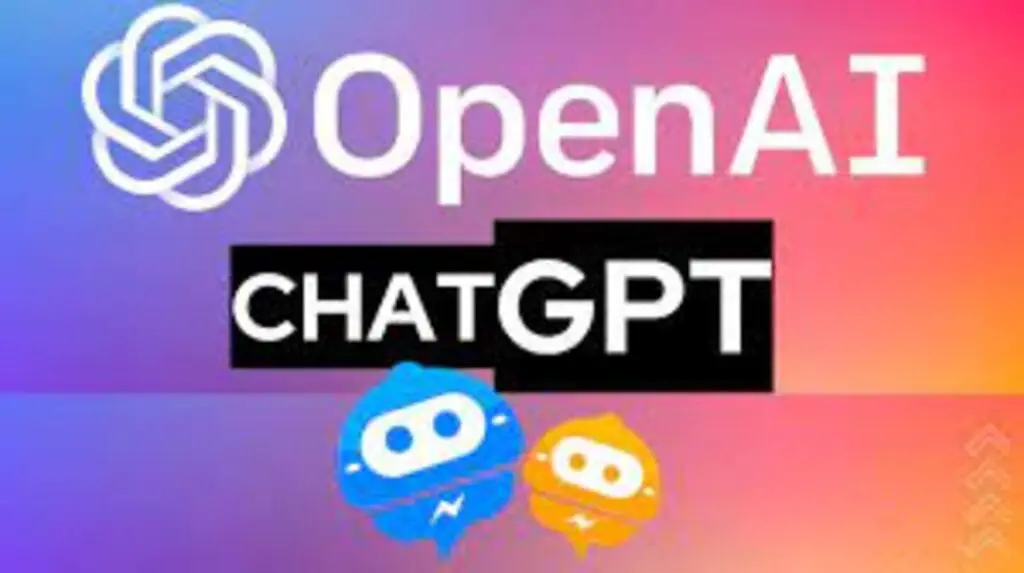- Kenyan workers were paid less than $2 to make ChatGPT less toxic, a new investigation by Time Magazine has revealed.
- OpenAI hired an outsourcing firm Sama who tasked workers to help build a filter system that would make ChatGPT suitable for everyday use with workers taking home an exploitive wage of between around $1.32 and $2 per hour depending on seniority and performance,
- Time reports that the workers were forced to read graphic detail like child sexual abuse, beastiality, murder, suicide, torture, self harm, and incest.
It has now emerged that Kenyan workers were paid less than $2 to make ChatGPT less toxic, a new investigation by Time Magazine has revealed.
According to the investigation, OpenAI hired an outsourcing firm Sama who tasked workers to help build a filter system that would make ChatGPT suitable for everyday use with workers taking home an exploitative wage of between around $1.32 and $2 per hour depending on seniority and performance,
Time reports that the workers were forced to read graphic detail like child sexual abuse, bestiality, murder, suicide, torture, self harm, and incest.
“Beginning in November 2021, OpenAI sent tens of thousands of text samples to the employees, who were tasked with combing the passages for instances of child sexual abuse, bestiality, murder, suicide, torture, self-harm, and incest, Members of the team spoke of having to read hundreds of these types of entries a day; for hourly wages that raged from $1 to $2 an hour, or a $170 monthly salary, some employees felt that their jobs were “mentally scarring” and a certain kind of torture,” Time reports.
Sama employees reportedly were offered wellness sessions with counselors, as well as individual and group therapy, but several employees interviewed said the reality of mental healthcare at the company was disappointing and inaccessible. The firm responded that they took the mental health of their employees seriously.
“Employees were entitled to both individual and group sessions with professionally-trained and licensed mental health therapists,” A spokesperson for Sama is quoted by Times as saying.
This is not the first time Sama has been accused of exploiting Kenyan workers and raking in billions of dollars.
Former Facebook content moderator Daniel Motaung filed a lawsuit against the company in Kenya, alleging that, in addition to paying content moderators far less than elsewhere for the same work, Sama also engaged in forced labour, human trafficking and union busting.
Sama has however denied the allegations, terming them “disappointing and inaccurate”. Speaking to British newspaper Metro, they added that the company offers “competitive wage, benefits, upward mobility, and a robust mental health and wellness program”.
Following the lawsuit a Meta spokesperson told Reuters: “We take our responsibility to the people who review content for Meta seriously and require our partners to provide industry-leading pay, benefits and support. We also encourage content reviewers to raise issues when they become aware of them and regularly conduct independent audits to ensure our partners are meeting the high standards we expect.”
Sama’s Africa operations are headquartered in Nairobi, however the firm has discontinued its content moderation for both Meta and OpenAI according to TIME investigation and will lay off about 200 of content moderators. They will be paid 15 days of pay for each year they worked with Sama flights home, as well as one year of wellness benefits.
As Time reports, Sama’s contract to review harmful content for Meta, Facebook’s parent company, was worth $3.9 million in 2022.
In 2020, Meta agreed ‘in principle’ to pay $52m in compensation to more than 11,000 content moderators in the US who had developed mental health issues on the job.
The moderators received 16 weeks of pay across the board and an extra two weeks of pay for every year served.
This content moderation side-effect is being exported to Africa.
In 2019 Sama raised $14.8 million in Series A funding round led by Ridge Ventures.
The firm has offices in San Francisco, New York and the Hague, Kenya and Uganda with a global staff of 2,900 and is the largest AI and data annotation employer in East Africa.
